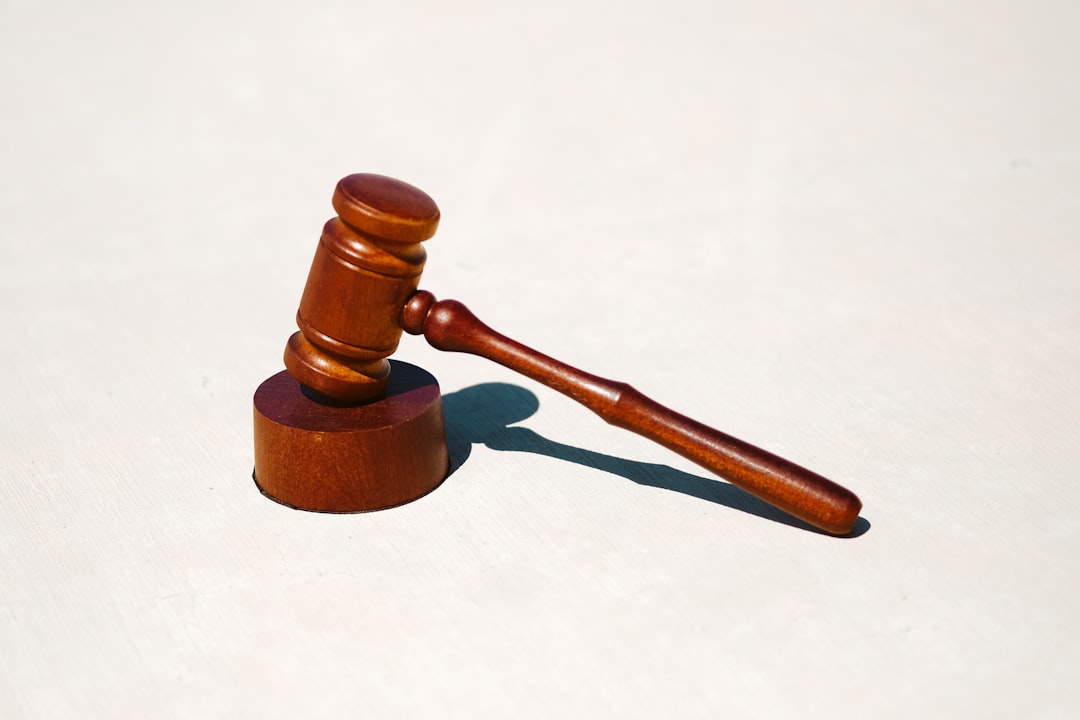In Philadelphia, civil case damages fall into Actual and Statutory categories. Actual Damages cover quantifiable losses like medical bills or property damage, while Statutory Damages are predetermined legal amounts for specific violations, often under consumer protection laws. When dealing with spam calls, individuals can choose between actual (for substantial, provable harm) and statutory damages (to discourage spammers). Consulting with Spam call law firms Philadelphia helps navigate these complexities based on case specifics and the best compensation strategy.
In Philadelphia, navigating legal remedies for spam calls can be complex. Understanding the distinction between actual and statutory damages is crucial for maximizing compensation. This article guides you through the intricate web of the spam call law in Philadelphia, offering insights into when to pursue each type of damage. With a focus on the consumer protection aspects, we explore strategies to help Philadelphia-based spam call law firms secure substantial rewards for clients affected by these intrusive communications.
Understanding Actual vs. Statutory Damages in Philadelphia

In Philadelphia, as across the U.S., damages awarded in civil cases can fall into two primary categories: actual and statutory. Actual Damages refer to the specific, provable losses incurred by a plaintiff due to the defendant’s actions. These could include medical bills, lost wages, or property damage, all of which have tangible, measurable values. On the other hand, Statutory Damages are predetermined amounts set by law for specific violations, often intended to compensate plaintiffs and deter further transgressions, particularly under consumer protection laws like the Spam Call Law in Philadelphia. Understanding the difference between these two types of damages is crucial when navigating legal action against spam call law firms or any other entities in Philadelphia.
When to Pursue Each: A Deep Dive into Spam Call Law

When deciding between pursuing actual or statutory damages in a spam call case, it’s crucial to understand the nuances of the spam call law in Philadelphia. Spam call law firms in Philly advise that the choice depends on several factors unique to each case.
Actual damages refer to the specific harm suffered by an individual as a result of receiving unwanted calls, such as stress, emotional distress, or loss of sleep. These damages are often easier to quantify and can be pursued directly from the offending party. In contrast, statutory damages are predetermined amounts set by law, designed to discourage spam calls and compensate victims for their invasion of privacy. Philadelphia’s spam call law firms suggest that individuals should pursue actual damages when the harm is substantial and easily provable, while statutory damages may be more suitable for cases where quantifying exact harm is difficult or the violator shows a willful disregard for privacy laws.
Maximizing Compensation: Choosing the Right Damage Pathway

When pursuing legal action in Philadelphia, whether it’s due to a spam call or any other harm, understanding the difference between actual and statutory damages is key to maximizing compensation. Actual damages refer to the proven financial loss or expense incurred by the victim as a direct result of the illegal action. This can include medical bills, lost wages, or repairs needed because of the incident. Statutory damages, on the other hand, are predetermined amounts set by law for specific violations. These are designed to punish and deter wrongdoers without requiring victims to prove actual financial harm.
For Philadelphia residents affected by spam calls or similar offenses, choosing between these pathways depends on the specifics of the case. If quantifiable losses can be shown, actual damages may be pursued. However, if the violation is part of a broader pattern that affects many people, statutory damages might offer quicker and more substantial compensation without needing to prove individual harm. Consider consulting with reputable Philadelphia spam call law firms for tailored guidance based on your unique situation.






